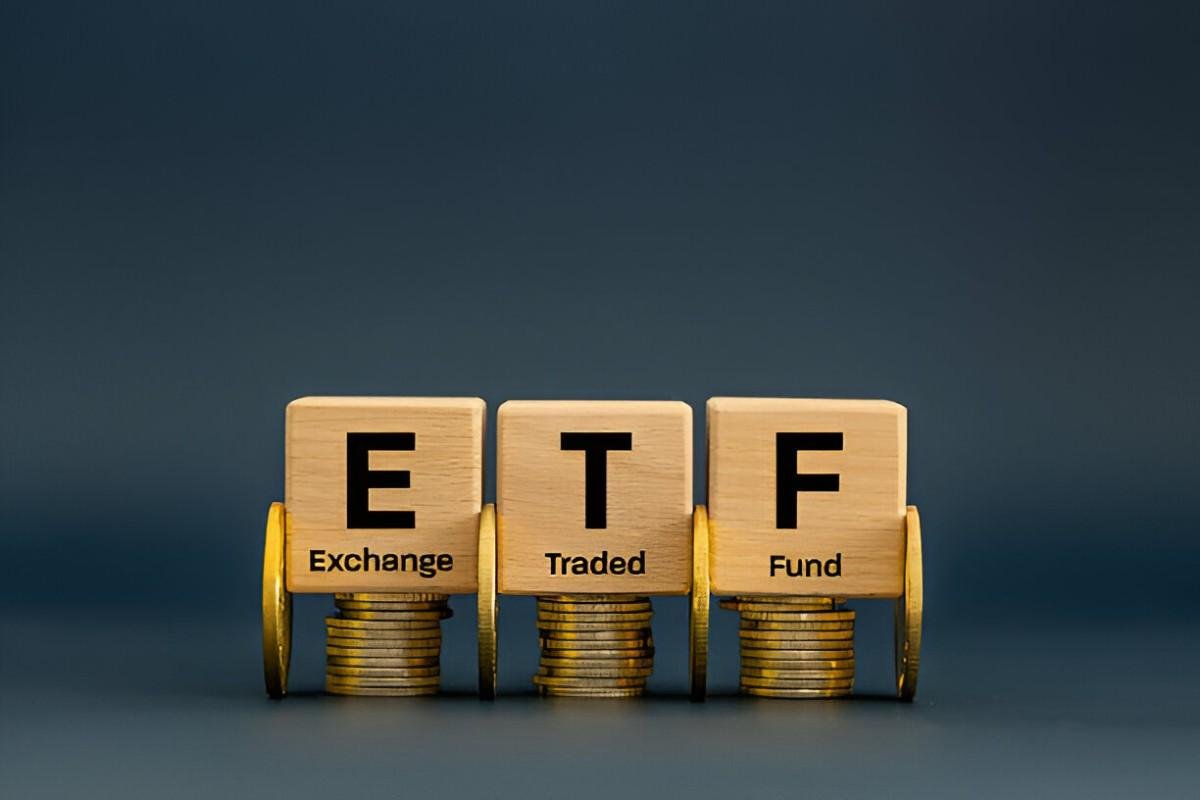As an investor, I often weigh the pros and cons of different investment vehicles. One key consideration is tax efficiency. Exchange-traded funds (ETFs) and mutual funds both offer diversification, but their tax implications differ. In this article, I explore whether ETFs are truly more tax-friendly than mutual funds, diving into mechanics, regulations, and real-world examples.
Table of Contents
Understanding the Basics: ETFs vs. Mutual Funds
Before comparing tax efficiency, I need to clarify how ETFs and mutual funds operate.
Structure and Trading Mechanism
- Mutual Funds: These are pooled investment vehicles that price once per day after market close. Investors buy or sell shares directly from the fund at the net asset value (NAV).
- ETFs: These trade like stocks on exchanges throughout the day. Their prices fluctuate based on supply and demand, though arbitrage keeps them close to NAV.
Creation and Redemption Process
A crucial difference lies in how new shares are created:
- Mutual Funds: When investors buy shares, the fund issues new ones, increasing assets under management (AUM). Redemptions force the fund to sell holdings, potentially triggering capital gains.
- ETFs: Authorized Participants (APs) create or redeem shares “in-kind” by exchanging a basket of securities with the ETF provider. This minimizes taxable events.
How Capital Gains Taxes Work for Funds
Capital gains distributions are a major tax consideration. Funds must distribute realized gains to shareholders annually, creating a tax liability.
Mutual Funds and Capital Gains
Mutual funds frequently buy and sell securities, generating capital gains. These gains are passed to investors, even if they didn’t sell their shares.
Example Calculation
Suppose I invest $10,000 in a mutual fund that realizes $2,000 in long-term capital gains. If the fund distributes these gains, I owe taxes at the long-term capital gains rate (e.g., 15% for most taxpayers).
Tax = 2000 * 0.15 = $300This happens even if I reinvest the distribution.
ETFs and Capital Gains
ETFs typically generate fewer capital gains due to the “in-kind” creation/redemption process. When an AP redeems ETF shares, the ETF transfers securities instead of selling them, avoiding taxable events.
Tax Efficiency: Key Differences
1. Capital Gains Distributions
Historically, ETFs distribute fewer capital gains than mutual funds. According to a Morningstar study, the average U.S. equity ETF had a 0.04% capital gains distribution in 2020, compared to 0.74% for mutual funds.
| Fund Type | Avg. Capital Gains Distribution (2020) |
|---|---|
| U.S. Equity ETFs | 0.04% |
| U.S. Equity Mutual Funds | 0.74% |
2. Turnover Ratio Impact
Higher turnover (frequent buying/selling) increases tax liability. ETFs often have lower turnover due to passive management (e.g., index-tracking ETFs).
3. Tax-Loss Harvesting Opportunities
ETFs allow intraday trading, making tax-loss harvesting easier. I can sell an ETF at a loss to offset gains elsewhere, then immediately buy a similar (but not identical) ETF to maintain exposure. Mutual funds don’t offer this flexibility due to end-of-day pricing.
Real-World Example: Vanguard S&P 500 ETF vs. Mutual Fund
Vanguard’s VOO (ETF) and VFIAX (mutual fund) track the same index but have different tax treatments.
- VOO (ETF): No capital gains distributions in recent years.
- VFIAX (Mutual Fund): Small capital gains distributions due to shareholder redemptions.
This shows how structure impacts tax efficiency, even for similar funds.
When Mutual Funds Can Be Tax-Efficient
Not all mutual funds are tax-inefficient. Some exceptions include:
- Index mutual funds (e.g., Vanguard’s Admiral Shares, which use an ETF share class to minimize gains).
- Tax-managed mutual funds, which employ strategies to reduce taxable distributions.
Conclusion: Are ETFs More Tax-Friendly?
For most investors, ETFs are more tax-efficient due to:
- Lower capital gains distributions.
- In-kind creation/redemption process.
- Better tax-loss harvesting opportunities.
However, some mutual funds (especially index funds) can be nearly as efficient. I must consider my investment strategy, holding period, and tax bracket before deciding.





